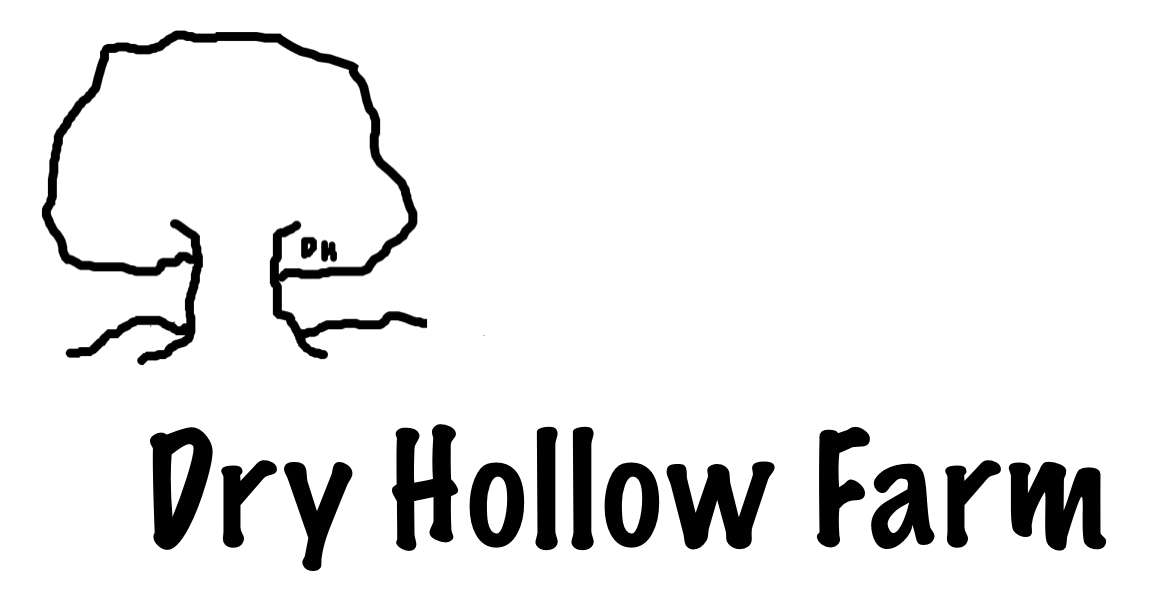The End of a Decade
This past week we sold our entire flock of Jacob sheep. The pastures are a little quieter now (though our goats create plenty of noise on their own). Although we miss watching the ewes and rams and little ones, it was the right decision for us at this time. Why?
#1 We are aging, and tending sheep requires physical strength and agility. The activities of shearing, hoof-tending, vaccinating, and moving the animals from one pasture to another require a fair degree of “sheep wrangling.” Our rams are powerful creatures and our ewes are skittish. As years pass, we have to admit that our physical strength is slowly but surely decreasing and sheep chores have become more daunting.
#2 Any livestock husbandry carries an element of danger no matter how experienced or prepared the owner may be. Our son lost two front teeth to one of our Jacob ewes. My husband suffered a bruised sternum and ribs that took two months to heal after a raucous shearing day. Jacob sheep can jump at least five feet in height. A ram can decide you are a threat to his ewes and butt you with his powerful head and hornset. Handling sheep requires constant diligence, and human aging makes one intensely aware of the brittleness of a human body.
#3 Financially, we decided to target our agricultural investments into a larger breed of dairy goat. Our agribusiness marketing plan focuses primarily upon goat milk and herbal products. Although our sheep provided a novel experience for farm guests, our dairy goats create the foundation for our farm operation.
Whenever possible, more and more people are moving from urban to rural areas with the goal of creating a sustainable lifestyle. For many of these people, dairy goats are part of a sustainability plan. Although Nigerian Dwarf goats provide high-quality milk with 12-13% butterfat, larger dairy breeds produce a greater volume of milk per animal. For the homestead model, larger dairy breeds are preferable for providing a family with enough milk for consumption, cheese, yogurt, etc.
#5 As demand for Dry Hollow Farm goat milk soaps increased, we needed to produce more milk. Although we still raise Nigerian Dwarfs, several years ago we began investing in larger breed does. Each bar of our goat milk soap is 22 percent raw, unpasteurized goat milk, making this incredible nourishing for healthy skin.
For these reasons, we said goodbye to our herd of Jacob sheep this week. The next few months will be spent rejuvenating pastures and beginning the process of our expanding our dairy herd. Watch our social media feeds for updates!
Dr. Kathryn Bush owns and operates Dry Hollow Farm, a working goat and sheep farm in Huntingdon, Tennessee. Together with her husband, Russell, she creates skincare products from their fresh goat milk, grows organic herbs, welcomes visitors to their two cabins on the farm (available for stays through Airbnb), keeps the farm’s on-site soap shop stocked with their handcrafted products, and enjoys working the farm in company with their Great Pyrenees dogs (who work hard guarding the animals). Check out their natural products featuring farm-grown ingredients here, and sign up for the Dry Hollow Farm newsletter to stay in touch and be the first to hear about farm news, events, and new products.


